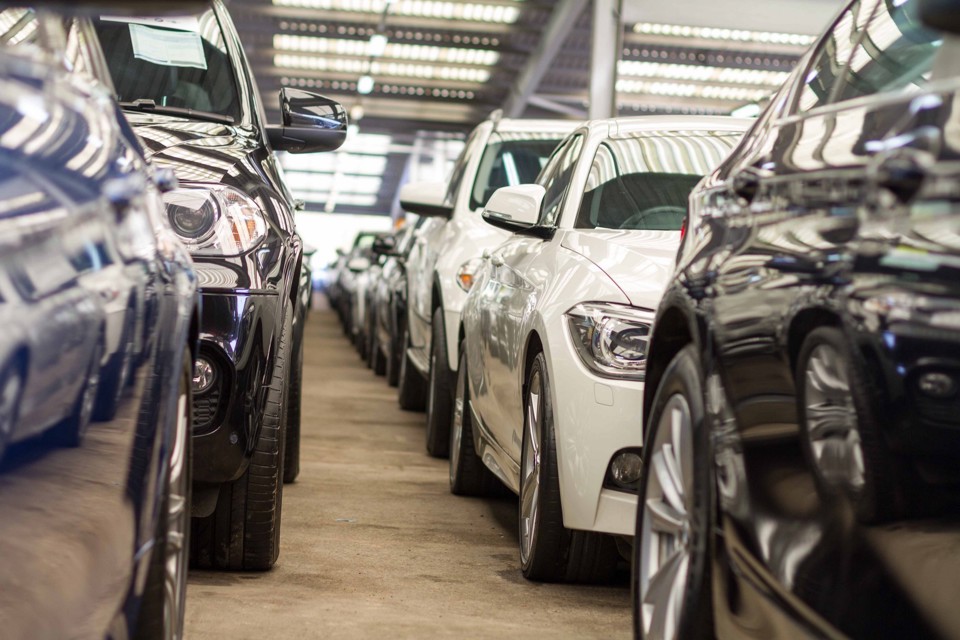Used car prices for three-year-old vehicles have increased on average by 6.7% during May, equivalent to £800 per car, according to Cap HPI.
This increase, it says, is more than three-times the previous monthly increase in values, with the rise being attributed to strong consumer demand and dwindling supplies.
“We really are in unprecedented times,” said Derren Martin, head of valuations at Cap HPI. “From franchise dealers to car supermarkets and independents, activity levels across the board have been amazingly strong, with sales rates ahead of budget and in most cases ahead of pre-Covid rates.”
Some showrooms are seeing queues out the door and sites almost too busy to service all the customers coming in.
With a degree of pent-up demand following lockdown 3 restrictions, so-called ‘accidental savers’ with money to spend, new car supply issues, and uncertainty over foreign holidays this summer, consumer demand for used cars has remained strong.
However, the current rises in car prices, which have manifested in the trade arena, have not been replicated in retail, making it increasingly difficult for the trade to buy cars working back from retail advertised prices, says Cap HPI.
With many outlets continuing to sell cars purchased a few weeks ago, not all have been increasing advertised prices of cars in-line with the increased demand they were experiencing.
Some wholesalers are selling cars at well in excess of 110% of monthly cap values and some manufacturers selling their cars close to 120%, according to Cap HPI data, with many increasing prices on a daily basis. This helped to make auction cars look attractively priced, even though with increased competition they were also selling for way ahead of monthly cap figures.
Every sector has seen values increase in May. Some volume examples are Ford Fiesta up 8.5%, (over £1,000 at the 1-year age point), Audi A3 up over 7% (£1,300 at 1-year old, £800 at 3-years), Vauxhall Zafira up 10.4% (c.£750 at 3-years), Mazda 6 up 8.1% (c.£700 at 3-years), BMW X3 up 6.2% at 3-years old (c.1,500) and Volkswagen Tiguan Petrol up 10% or £2,400 at the 1-year point.
“There is no tsunami of stock waiting to appear,” said Martin. “There are well documented new car supply issues, meaning less part-exchanges and fleet returns due to component shortages, particularly for semiconductors.
“Currently manufacturers and dealers are switching some customers into cars they have in stock, but what happens when those stocks dry up? Undoubtedly, many lease terms continue to be extended too.
“From late June/July, stock levels will have dwindled and the component shortage could well be impacting supply more acutely, depending on the brand. The semiconductor issue could well have an even greater sting in the tail.”
While current increases in value are extremely unlikely to continue at the current rate, says Cap HPI, prices are likely to stay high without huge volumes appearing in the market.






















Login to comment
Comments
No comments have been made yet.